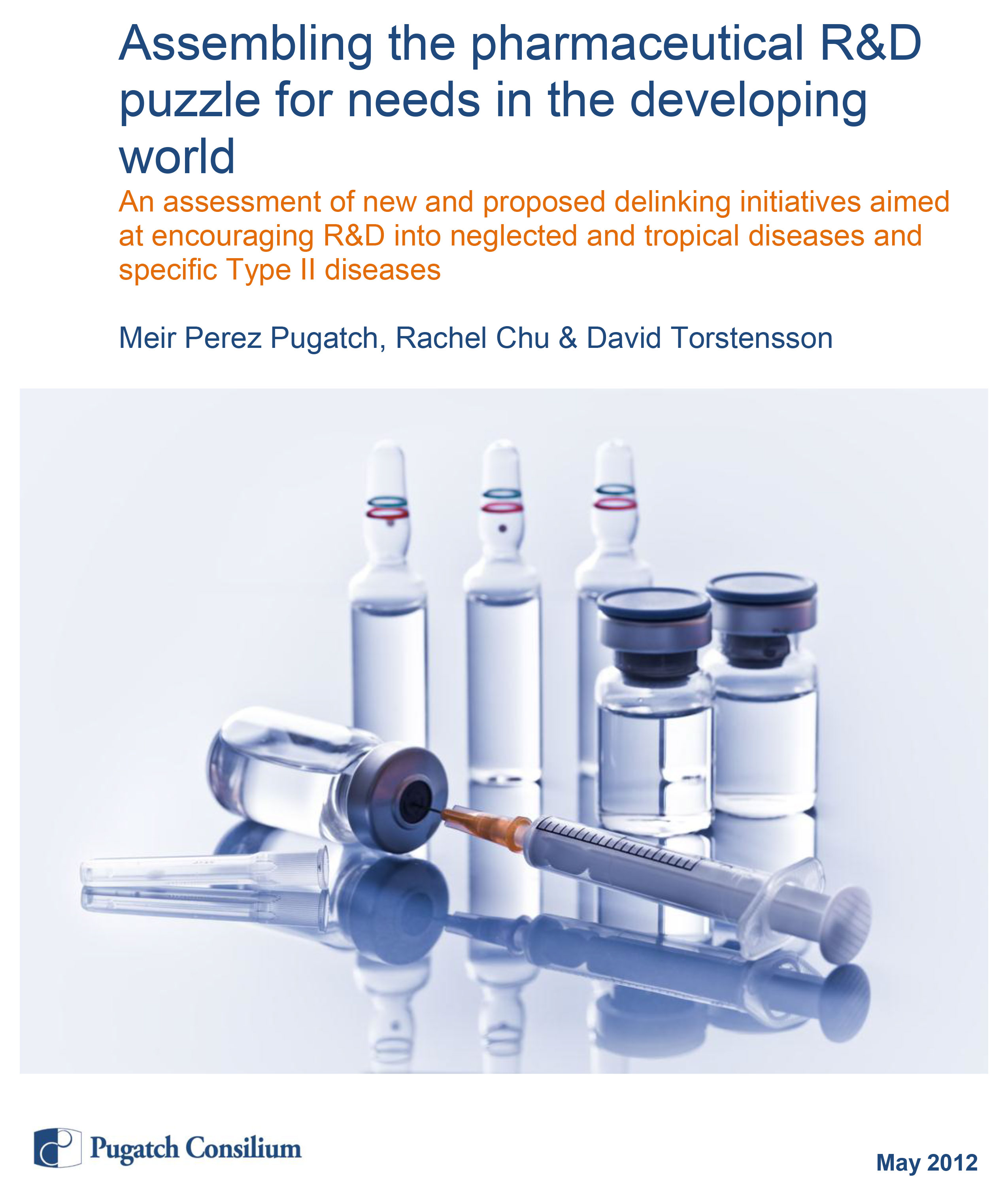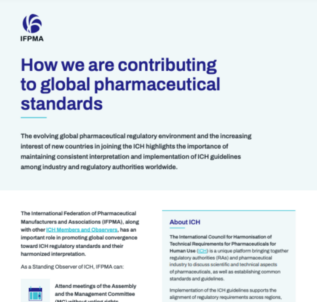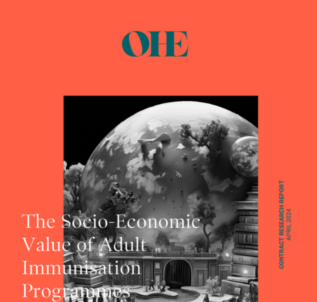New report offers a blueprint to boost research and development (R&D)

10 May 2012, Geneva – A new study was released today reviewing initiatives to encourage research and development (R&D) for diseases such as HIV, tuberculosis, malaria and neglected tropical diseases.
The report, titled “Assembling the pharmaceutical R&D puzzle for needs in the developing world,” introduces a blueprint based on six enabling factors that comprise: identification of gaps in the R&D process, mitigation of risk and cost of R&D, ability to translate research into clinical outcomes, sustainability of funding for specific disease areas, effective access to new medicines, and compatibility with different R&D mechanisms.
The report also provides a review of key mechanisms currently being discussed by global health policymakers which delink the cost of R&D from the price of medicines, such as open databases, research grants, and advanced market commitments.
To encourage further R&D for such diseases, experts suggest various incentives that enable key stages of the R&D process. The report’s authors conclude that multiple mechanisms are required to effectively address diverse R&D needs of the developing world.
“Addressing R&D needs in the developing world is complex, and solutions differ from one setting to another,” said study lead author Meir Perez Pugatch. “Our study accounts for these complexities and concludes that increasing R&D is best achieved with a combination of mechanisms. In other words, there is no `one size fits all approach.”
The upcoming World Health Assembly (WHA) will discuss how to better leverage resources to stimulate further R&D and address key funding and capacity gaps in these disease areas.
Since 2005 the research-based pharmaceutical has significantly increased R&D for diseases of the developing world and is now the second largest funder of neglected tropical disease R&D.
”IFPMA aims to contribute to this important policy debate through an evidence-based approach,” said Eduardo Pisani, IFPMA Director General. ”Diverse and unmet medical needs require industry to regularly adapt its R&D processes, but some gaps remain. We can find solutions together that promote further R&D while complementing current R&D efforts and continuing to build on existing models.”
About IFPMA
The International Federation of Pharmaceutical Manufacturers and Associations (IFPMA) represents over 90 innovative pharmaceutical companies and associations around the world. Our industry’s almost three million employees discover, develop, and deliver medicines and vaccines that advance global health. Based in Geneva, IFPMA has official relations with the United Nations and contributes industry expertise to help the global health community improve the lives of people everywhere. For more information, visit ifpma.org.
Learn more





